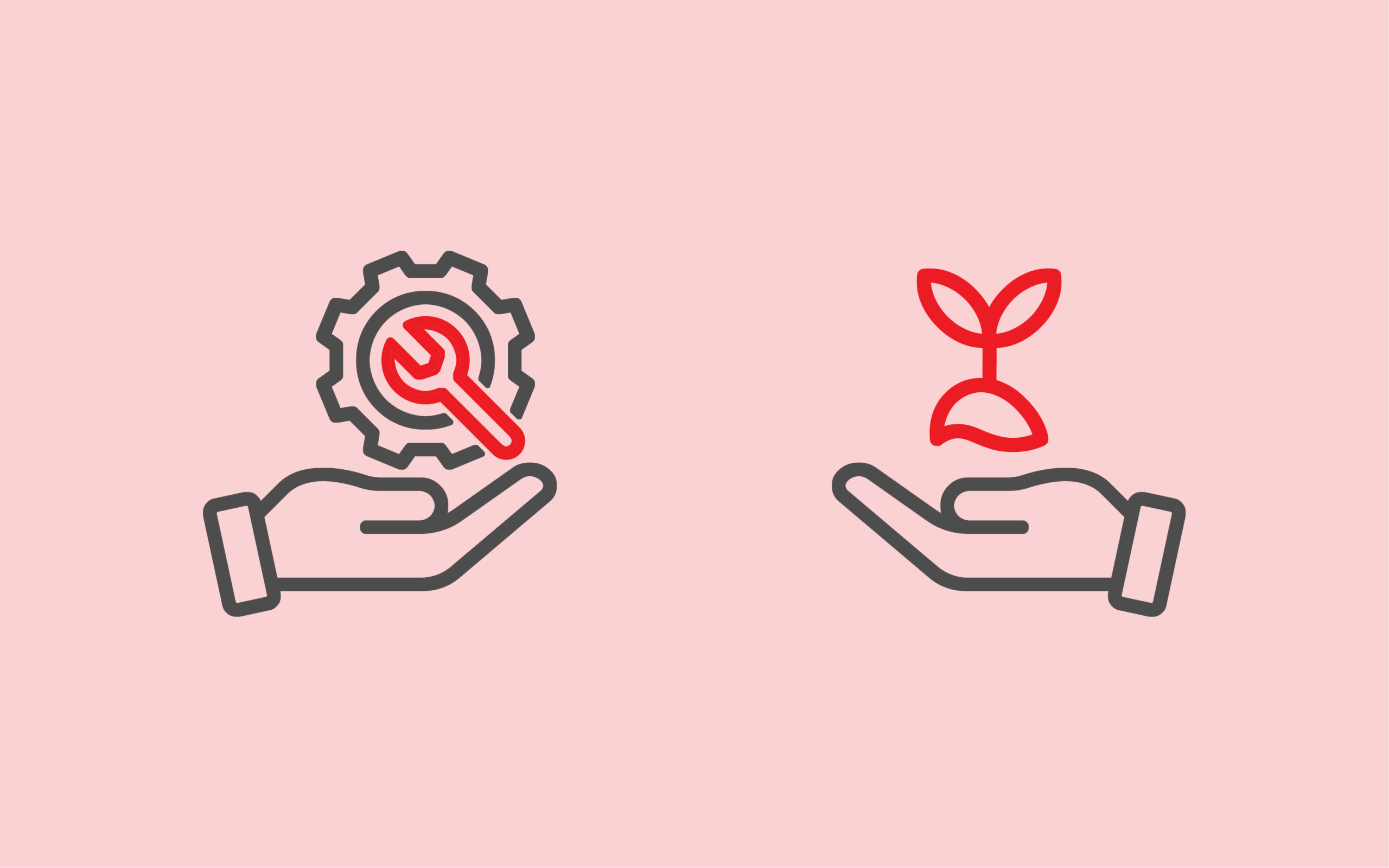Is your sales team currently maximising the value of your key accounts? If the answer is no, or you just don’t know, read on…
As every Sales Director knows, in the competitive sales arena, there are two types of salesperson: Hunters and Farmers.
Sales Hunters primarily focus on developing new business opportunities, relentlessly seeking out potential customers and closing new deals. Farmers, on the other hand, are responsible for nurturing and growing existing accounts. However, the term “Farmer” can be subdivided into two kinds: Maintainers and Cultivators. This distinction is crucial for understanding how to progress key accounts effectively in order to maximise value and ensure long-term business growth.
Many organisations are leaving money on the table because they have habitual Maintainers, not Cultivators.
Maintainers
Maintainers manage existing accounts by building and maintaining relationships with specific personnel and decision-makers within client organisations. Their primary tasks include:
- Taking orders.
- Ensuring timely delivery of products or services.
- Maintaining quality and pricing standards.
Maintainers see their goal as ensuring customer satisfaction. They believe that as long as they deliver a consistent and reliable service, they will prevent customers from seeking alternative solutions.
When customers actively seek to buy, a Maintainer’s tactics become too simplistic. They focus on need identification rather than need generation, leading them to ask basic questions that only uncover existing needs without delving deeper.
Over time, this response falls short of delivering significant value beyond basic expectations. The Maintainer’s reactive approach makes their accounts vulnerable to competitors, as they fail to differentiate their offerings in ways that solve unique business problems. Without this clear differentiation, no matter how strong the personal relationship, the offer becomes commoditised, risking customer loyalty and retention.
When times are good, and deals easier to close, Salespeople can subconsciously drop into Maintainer mode almost as if on autopilot. Once these new habits have formed, they are hard to change. Maintainers may even think they are developing an account, but they are not progressing it. A problem that becomes immediately apparent when times become tougher, and order books start to thin out.
Cultivators
In contrast, Cultivators focus on developing key accounts by proactively building and expanding relationships with multiple stakeholders within the client business. “Landing then expanding,” they begin with initial relationship-building, followed by deepening those relationships and adding value across various parts of the organisation. They generate needs by asking powerful questions that uncover hidden challenges and implications rather than just meeting customer’s requirements.
Cultivators constantly seek to understand their clients’ evolving needs, help them envision future opportunities, and deliver strategic outcomes. They see their goal as solving tangible business challenges and delivering maximum value. Doing so makes it difficult for competitors to replicate their offer, as the solutions provided are tailored to the client’s specific needs and are integral to their operations.
“80% of the value created by growing companies comes from unlocking new revenues from existing customers.”
– McKinsey & Co.
Threats of Relying Solely on Habitual Maintainers
Relying exclusively on Maintainers can pose significant threats to your business:
- Vulnerability to Competitors: Lack of differentiation makes it easy for competitors to win over your clients by offering similar or slightly improved services.
- Commoditisation: Offers become standardised, leading to price wars and reduced profitability as clients see no unique value in your services.
- Stagnation: Limited growth opportunities as Maintainers focus on existing relationships rather than seeking new avenues for expansion.
- Customer Churn: Without perceived value, clients are more likely to switch to competitors, resulting in higher customer turnover rates.
- Missed Opportunities: The inability to identify and capitalise on new business opportunities within existing accounts leads to lost revenue potential.
Five Key Behaviors of a Progressive Cultivator
- Proactive Engagement: Regularly initiating conversations to understand client needs and challenges, anticipating their requirements before they arise.
- Strategic Thinking: Envisioning future opportunities and aligning offerings with clients’ long-term goals, creating a roadmap for sustained growth.
- Relationship Building: Expanding relationships beyond initial contacts to multiple stakeholders, fostering a deeper and broader network within the client organisation.
- Value Creation: Continuously identifying ways to add value and solve business problems, ensuring that your solutions are indispensable to the client.
- Integration: Ensuring that the solutions provided become integral to the client’s operations, embedding your services deeply within their business processes to create a symbiotic relationship.
“Acquiring a new customer is between five to 25 times more expensive than retaining an existing one.”
– Havard Business Review
The distinction between Maintainers and Cultivators is crucial for developing key accounts. As every seasoned sales professional will tell you, it’s easier to sell to existing customers than to find new ones, especially in challenging times. But even if your team is currently hitting its numbers, you must not rest on your laurels. Your competitors are ready to steal your lunch at any time. Remember – if you are not providing value, they will.
Transforming Maintainers into Cultivators requires specialist training that focuses on behavioural change, strategic thinking, proactive engagement and value creation.
Our sales training will help your team develop the skills and behaviours needed to create lasting value and deepen client relationships. Our work will help you develop a Me to We culture that encourages your team to share best practices and support each other as they learn. This will ensure that your sales team is well-positioned to progressively develop key accounts and ensure long-term business growth.

